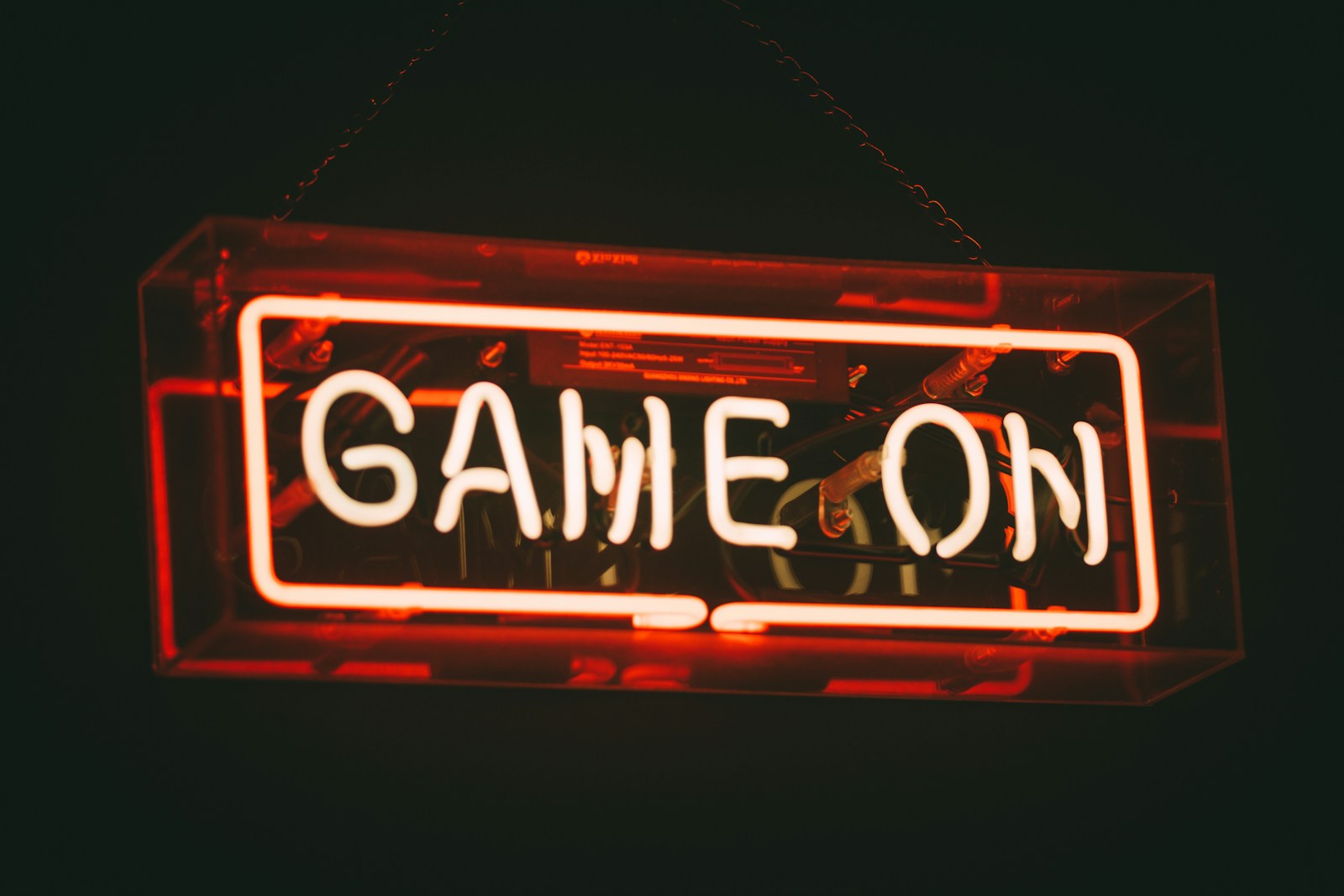Legal Showdown in Online Gaming: Delhi HC Grants Injunction in favour of Gameskraft Against Rogue Websites

Introduction
The Delhi High Court, after first passing an interim order and subsequently pronouncing judgment, delivered a noteworthy ruling in the case of Gameskraft Technologies Pvt. Ltd. & Anr. v. John Doe & Ors., granting an interim injunction in favour of Gameskraft Technologies Pvt. Ltd. and its affiliate. The interim order provided immediate relief pending final adjudication, and the subsequent judgment affirmed and expanded the protective measures, safeguarding their trademarks and copyrights from a network of rogue websites and unauthorized platforms misusing their branding. This decision reflects the judiciary’s evolving approach to safeguarding intellectual property rights in the rapidly expanding online skill-based gaming industry.
Table of Contents
Factual Background
Gameskraft (plaintiff No. 1), one of India’s foremost online skill-based gaming companies, operates well-known platforms such as Rummy culture, Playship Rummy, Ludo Culture, Pocket52, and Gamezy. The plaintiffs alleged that multiple unauthorized websites, mobile applications, and social media pages were exploiting their trademarks and copyrighted content to mislead users and defraud consumers by offering fake or cloned versions of their games.
These rogue websites not only mimicked the names and user interfaces of the original platforms but also embedded download links that redirected users to unauthorized or suspicious third-party websites, posing significant risks to users’ personal data and financial transactions.
Plaintiff’s Contentions
The plaintiffs submitted that they use numerous trademarks in connection with their online gaming platforms. These include the marks “Playship, Plego, Ludo Select, Pocket52, Rummy, Rummy Culture, Gameskraft, Culture of Champions” and other device marks. Since 2017 and 2018, the plaintiffs’ registered the domain names ‘rummyculture.com’ and ‘gameskraft.com’, respectively.
Due to extensive and continuous use, the plaintiffs’ platforms have gained immense popularity, reflected in their significant annual turnover. The plaintiffs’ submitted that numerous rogue websites, app stores, and social media accounts were fraudulently using their trademarks and hosting deceptive or counterfeit versions of their gaming applications. These infringing activities, according to Gameskraft, misled consumers, harmed the brand’s goodwill, and facilitated unjust enrichment at the expense of unsuspecting users.
Gameskraft highlighted the use of identical or deceptively similar names, logos, and content by defendants across over a dozen websites and platforms. These platforms provided unauthorized download links, redirected users to unrelated or malicious sites, and unlawfully used Gameskraft’s branding to gain legitimacy.
Court’s Observations
The Court observed that the defendants had engaged in clear instances of trademark infringement and misrepresentation. The Court restrained the defendants from using plaintiffs’ trademarks and copyrights, including specific terms like “Rummy Culture”, “Gamezy”, “Playship”, “Pocket52”, and stylized logos. Several identified third-party app stores, rogue websites, and social media accounts were ordered to take down infringing content and apps. The defendants who were engaged in fraudulent activities like replicating or copying the plaintiffs’ websites were restrained from registering any domain name or SEO keywords that contained anything deceptively similar to the plaintiffs’ marks.
The Court also directed defendant No. 16, who operated unauthorized app-hosting services and social media pages, to immediately take down the infringing content and disable accounts using the plaintiffs’ branding without permission. Social media platforms Instagram and X (formerly Twitter), impleaded as defendants No. 31 and 32, were specifically ordered to lock and suspend the accounts operated by “RummyVenture” and remove references to the infringing website. Domain registrars and web hosting services (defendants No. 17 to 30) were instructed to lock and suspend access to identified rogue domains and provide information about their operators.
Additionally, the Department of Telecommunications and the Ministry of Electronics and Information Technology (defendants No. 33 and 34) were ordered to issue directives to internet service providers and mobile network operators to block access to the listed infringing websites. The plaintiffs were also granted liberty to implead any future infringing domains or websites discovered during the course of proceedings, with a mechanism for the Joint Registrar to extend the scope of the present injunction accordingly. These measures were designed to prevent ongoing and future misuse of Gameskraft’s marks and content, and to protect the interests of unsuspecting consumers in the digital gaming ecosystem.
Subsequent Compliance Hearing
In a later hearing before Joint Registrar (Judicial) Dr. Ajay Gulati, the Court reviewed compliance with the interim injunction. Key developments included:
- Aptoide SA (Defendant 14) claimed it removed two infringing apps, but the plaintiff disputed this. The Court directed email communication and immediate compliance.
- Amazon Seller Services (Defendant 29) asserted it had no role and suggested impleading Amazon Registrar or Amazon Web Services instead.
- DoT and MeitY (Defendants 33 and 34) claimed compliance, but the plaintiff contested this.
- Fastly.in (Defendant 28) said it could not comply and planned to seek deletion from the suit.
- Meta Platforms (Defendant 31) reported partial compliance.
Defendants were directed to send compliance reports to the plaintiff’s counsel. The matter is now listed for completion of pleadings on 20 September 2025.
Legal Provisions Relied Upon
The Court relied upon the following legal provisions:
- Order XXXIX Rules 1 and 2 of the CPC – for granting interim injunctions.
- Section 12A of the Commercial Courts Act – which allows exemption from pre-institution mediation due to urgency in seeking injunctive relief.
- Section 80(2) of CPC – granting exemption from prior notice requirement involving public authorities (DoT and MeitY) in light of the urgent relief sought.
Conclusion
The Delhi High Court’s proactive stance in this case marks a strong precedent for enforcing IPRs in the digital space. By granting a sweeping injunction and ensuring follow-up compliance, the Court has safeguarded brand integrity and consumer interests against digital piracy and trademark misuse. The July compliance review further underscores judicial commitment to monitoring execution of such orders in an evolving technology-driven market.
For further details, contact us at: contact@indialaw.in
By entering the email address you agree to our Privacy Policy.



